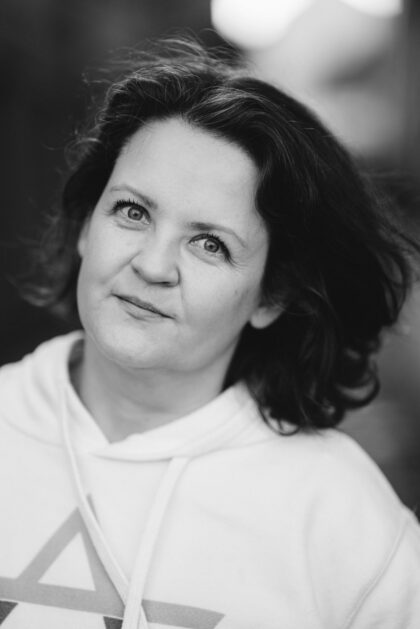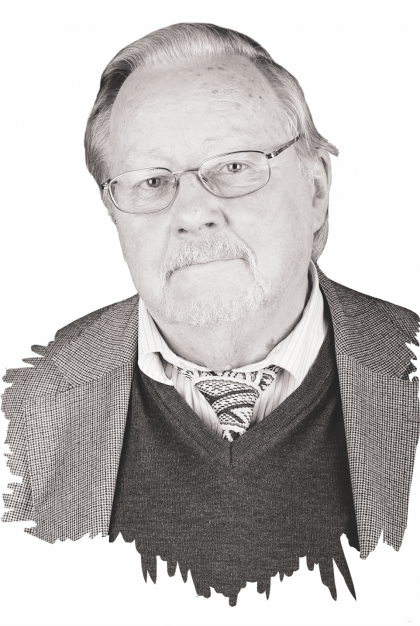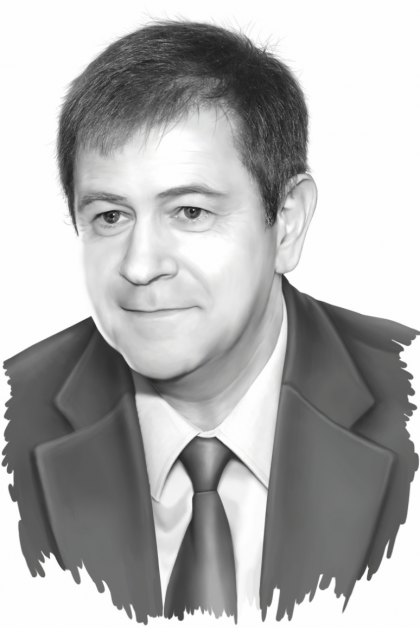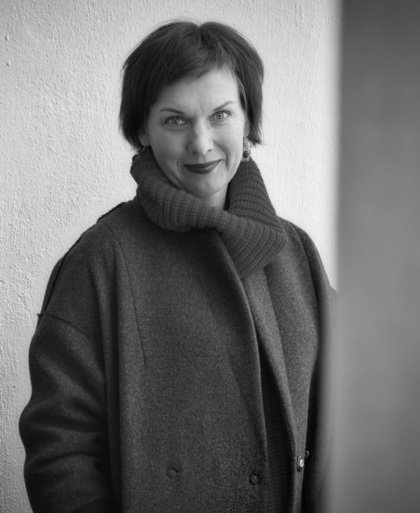Paulius Gritėnas
Philosopher and journalist
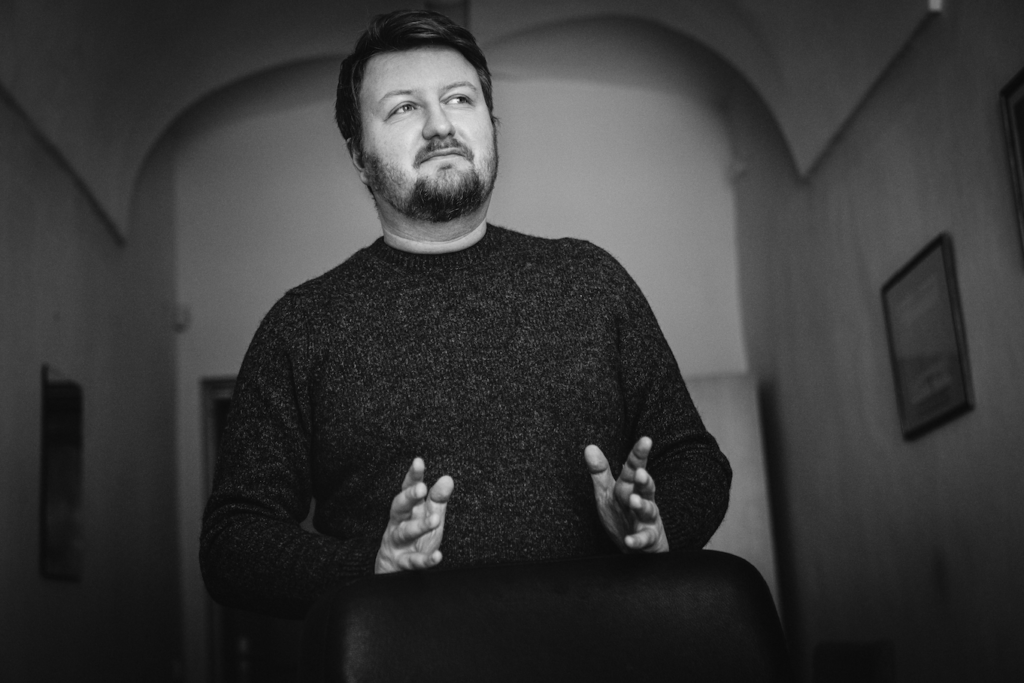
Rapid globalization as well as the process of social and cultural connectivity are seriously challenging the concept of patriotism.
Paulius Gritėnas
Is it possible to be patriotic in the age of constant travelling, social media, common informational and cultural domains? Has patriotism become a desperately outdated concept?
The way patriotism continues to be understood in Lithuania today stems from the interwar era. This concept was best defined by Lithuanian philosopher Stasys Šalkauskis (1886-1941) in his work titled “True Patriotism and the Forms of its Expression”.
According to Šalkauskis, patriotism “is the love of national individuality, most often linked with the love of one’s land and one’s state”. In his works the philosopher made repeated, commendable attempts to highlight the existence of two kinds of patriotism. The first kind, the correctly-perceived patriotism, makes one proud of one’s national identity. The incorrect perception of patriotism, by contrast, can result in despising other identities or elevating one’s own identity at the expense of others.
However, various examples show that to Šalkauskis the concept of patriotism was very closely linked to Lithuanian descent, Lithuanian land and Lithuanian statehood. Other identities can touch upon some of the required features, but a true patriot can only be a Lithuanian who is constantly re-affirming his or her national identity:
“For instance, a Lithuanian-turned-Polish person can still love Lithuania like his own land and through some misconception even call himself a Lithuanian patriot. But his true predilection, his exclusive sympathies, will lean towards the Polish state and Polish nationality. A Jew who has acclimatised in Lithuania can love his native Lithuanian land and at the same time be a conscious citizen of the Lithuanian state, yet his national patriotism connects him to the individuality of the Jewish nation. A Lithuanian living in Lithuania will experience the love of his native country, his civic consciousness and the love of national individuality merged into one complete sense of patriotism. In the first case the common basis is the love for one’s native land, whereas in the second scenario it is the love for one’s land and one’s state. And it is only in the third example that the love for one’s land, one’s state and one’s nationality become the basis for commonality. Discussing patriotism in the first two cases would only be possible in the widest sense of the word. But patriotism in its purest form can only manifest itself in the third case.”
A narrow definition like this would have been possible in the interwar context but it hardly reflects the realities of today, when the cultural and social conditions are much more complex.
So is there a wider definition of patriotism we could rely upon when creating a new model? One of the most notable examples is the concept suggested by Vytautas Kavolis, a Lithuanian-American sociologist and one of the founders of Lithuanian liberalism.
In his book “The Generation of the Humiliated: Sketches of the World in Exile”, Kavolis describes patriotism experienced by those who had emigrated as having no real connection to the native land or their nation:
“Community is the intermediary between the individual and existence. The individual’s relationship with his/her community is a concretized form of interaction with the entirety of human existence. We will therefore understand patriotism not just as a specific commitment to the national community, but will perceive it on a much deeper level as a common symbol of loyal capacity.”
As we can see, in the version suggested by Kavolis patriotism is no longer defined as a particular territorial, political or social contour but as a certain existential commitment. Patriotism becomes the expression of one’s loyal capacity which does not necessarily require direct being, participating or constant postulating one’s national identity. It can simply determine one’s individual relationship with his or her community.
Going hand in hand with Kavolis’ definition is the concept of philotopy, coined by another Lithuanian philosopher Arvydas Šliogeris. Translated from ancient Greek it simply means the love of place.
Paulius Gritėnas
It may seem at first glance that this concept is more in line with the model of patriotism suggested by Šalkauskis. However, Šliogeris’ definition does not refer to some banal love for a specific place (Lithuania, Vilnius, The Hill of Crosses, etc.). Instead, it is implying a certain point of mental reference.
In other words, philotopy is not a physical attachment to a particular place but realization that your mental predispositions come from a certain point. And this point is not the foundation of your constructed identity but rather the basis for your solid authentic being. Šliogeris has spoken beautifully about his own relationship with his native town of Panevėžys, reaffirming the existential connection as opposed to banal patriotism. In an interview with Lithuanian journalist, writer and literary critic Vaidotas Daunys (1958-1995), Šliogeris said:
“To me returning to Panevėžys means, in the words of Proust, searching for lost time. In some ways it also means searching for the absolute. We tend to come up with thousands of absolutes, we mould thousands of effigies but, alas, only at fifty years old did I realize that I have only ever had one absolute which is dearer to me than God himself. And that was the little shabby town upon the plains, crouching under the gloomy Northern sky, the one place and location I can call my home and my native land. No other town or plain has ever become my refuge, let alone my home. Everywhere I went, I always felt like a visitor, a stranger.
Panevėžys provided shelter for my peculiar life, it tamed the sky and the soil, it revealed simple but sacred things pulsing with the warm, raw secrets of existence. I communicated to gods there; I experienced the “pagan” completeness of life. So I will say this: to me returning to Panevėžys would mean being close to the gods again; touching the essence of things; escaping the horrible abstractions we are all floating in; regaining confidence in being; formulating and defining myself; existing within the space again; overcoming the chaos which gleams from the world gone mad; returning from the Big Anonymous to the irreversible Here and Now.
One of my favourite thinkers once said: the biggest disaster for modern humans is the loss of their homeland. I whole-heartedly agree because I know that I’ve lost the Lithuania I could have loved. I will never become a rightful citizen in the world of traders and computers. But I don’t think I have lost Panevėžys, my home town, yet. And that to me is more important than my country or my nation. Nation, country – they’re too abstract! My home town is something entirely different. It means more to me than statehood, or the histories of the world, or the continents, or space, or other phantasmagorical things. I wouldn’t give a penny for all the “global problems” but I would give everything for the reed swaying in some backwaters of River Nevėžis.
Notably, Šliogeris draws a clear boundary between the concepts of one’s nation and home country, arguing that he finds the concept of his home town (this definition encapsulates a clear authentic experience) much more familiar.
It therefore sounds paradoxical that by theoretically reducing the space for patriotism, we are expanding the boundaries of patriotic feeling. This interpretation of patriotism can become the means of self-affirmation not just for an individual who is defining oneself through one’s nation but for the existential subject, too.
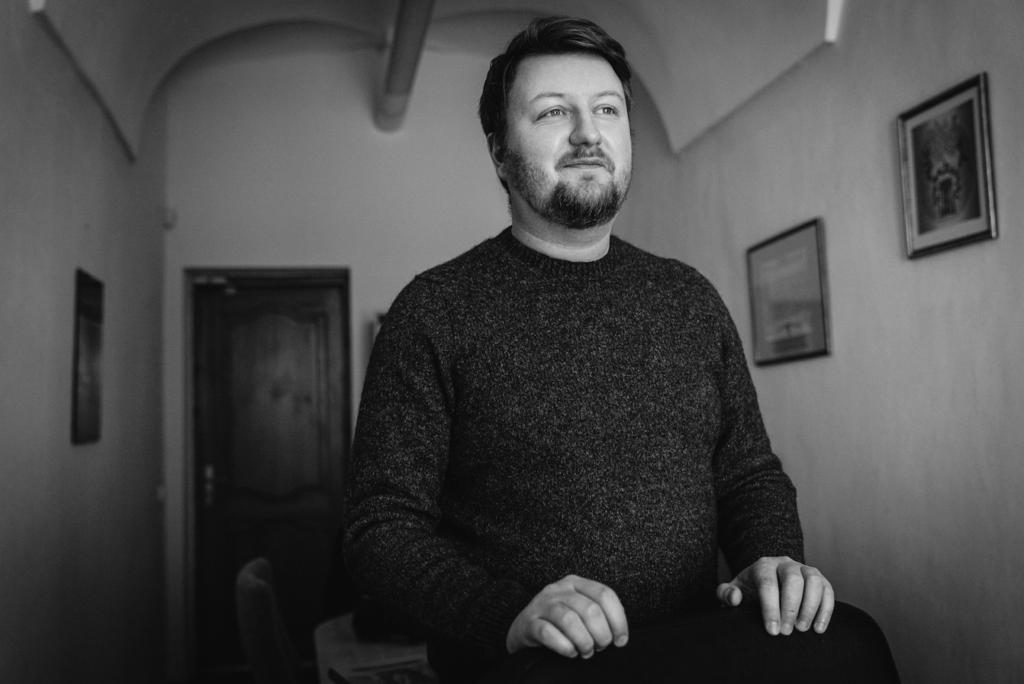
I must apologise my dear reader for this extensive philosophical excursion but it does provide some context for my question.
Paulius Gritėnas
Can patriotism exist in the age of mobility, globality and cultural pluralism without being considered banal?
Yes, but we must give our understanding of patriotism some intellectual depth. We must pull it closer towards the afore-mentioned ideas of Kavolis and Šliogeris.
Firstly, the concept of patriotism as we know it now is closely linked to the power of symbols. From Vytis, the Lithuanian coat of arms, to the many historical heroes and heroicised narratives. Every attempt to question the effectiveness of such symbols or their suitability provokes hostile opposition. We have witnessed this during the debate around Lukiškių square in Vilnius and on many other occasions in relation to historical memory.
The truth is, the power of these symbols is diminishing. In fact, instead of encouraging patriotism, they often turn it into some kind of caricature. Of course, this is not to say that we should do away with these symbols or the narratives around them.
My argument would be this: by putting all our hopes and energy into the symbolic field, we are missing the opportunity to build an existential relationship and find an existential connection between the individual and the community. To put it simply, our belief that introducing and empowering symbols will solve everything makes it easy to miss the fact that a certain part of our society are unable to establish personal bonds precisely because of this banal definition of patriotism.
If we want to talk about patriotism and help our society grasp its importance, we have to do it in as many different forms as possible and reach further: from debating historical memory together to seeing the Lithuanian identity within other communities living alongside us.
Šalkauskis’ argument was that the position of a Lithuanian-turned-Polish or a Jewish person is not sufficient to be defined as true patriotism. If that is the case, we can openly ask: does this lack not come from our definition of true patriotism being too narrow? What is being lost through drawing the line so strictly and does the act of this line-drawing itself reflect the true situation today?
It is obvious that if we want to save the uncaricatured concept of patriotism, we have to try much harder not just in defining it but expanding it, too: from language and culture to community relations and political decisions.
There is no logical contradiction between appreciating one’s own language and allowing it to go through the constant process of change. There is no logical contradiction between reinforcing one’s cultural identity and encouraging cultural openness or the influence of new identities. There is no logical contradiction between a global Lithuanian and a Lithuanian who has a philotopic relationship with Lithuania.
If we want to rescue patriotism, we have to adapt to the challenges of today. We must open up to new influences while strengthening and re-thinking certain linguistic and cultural nuclei. We could benefit from introducing more flexibility into our patriotic positions and appreciating not only the symbolic approaches but the existential ones, too.
By reducing our patriotic space, by dividing patriots into the real ones and the false ones, we only make it more difficult for ourselves to survive and act creatively in the current reality, where survival is only possible through such creativity. This is the kind of fluid reality we will always be faced with, no matter how hard we try to turn back time or fight in the name of nostalgia and the illusion of an orderly social and cultural space.
Let’s give philotopy and the sense of loyalty more thought.

